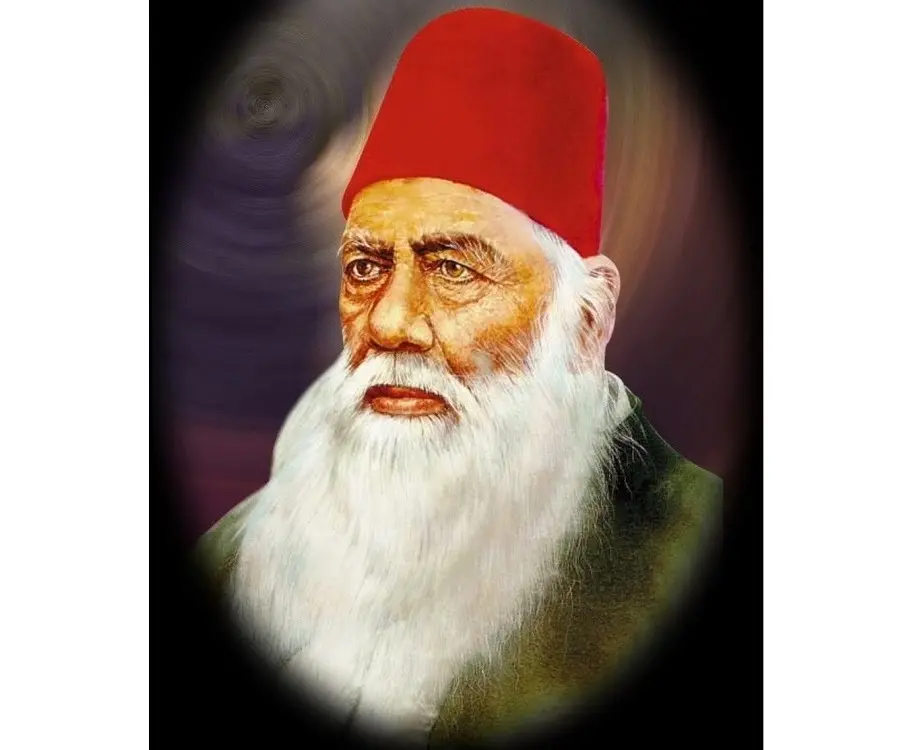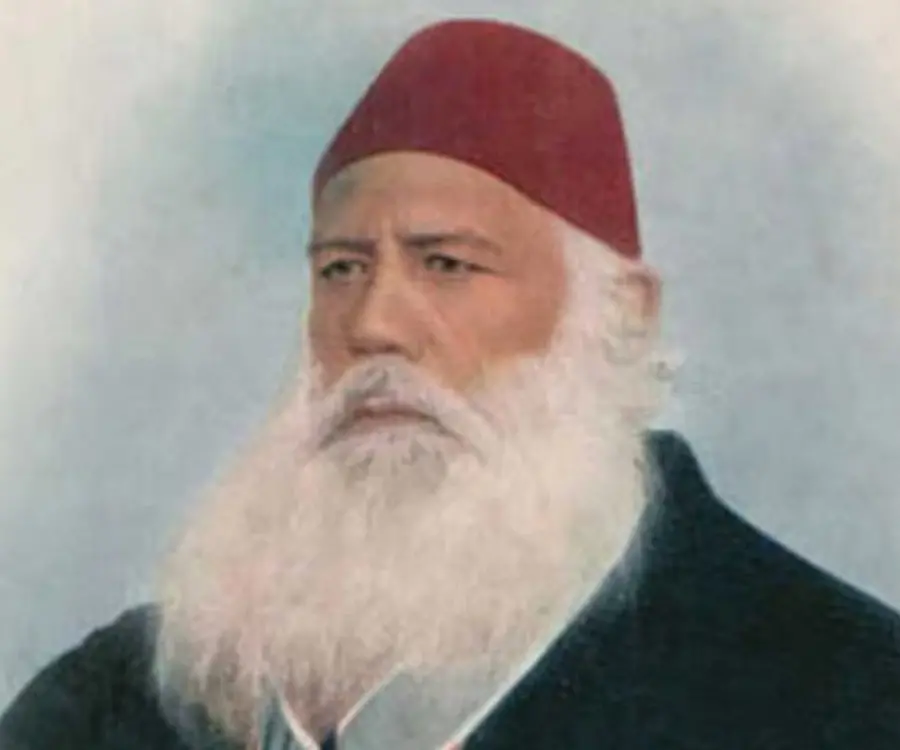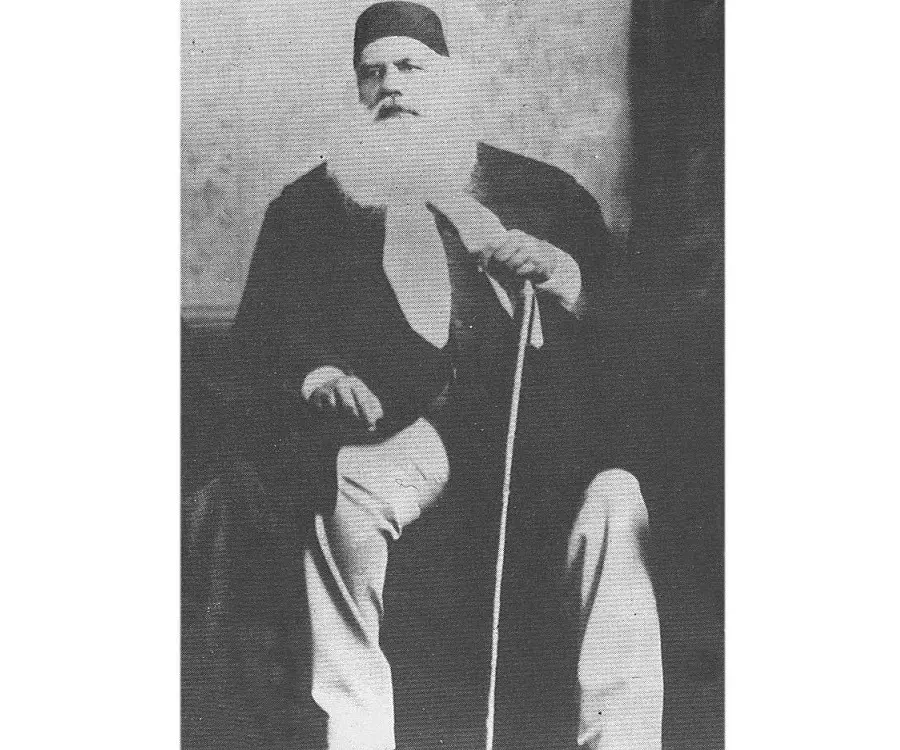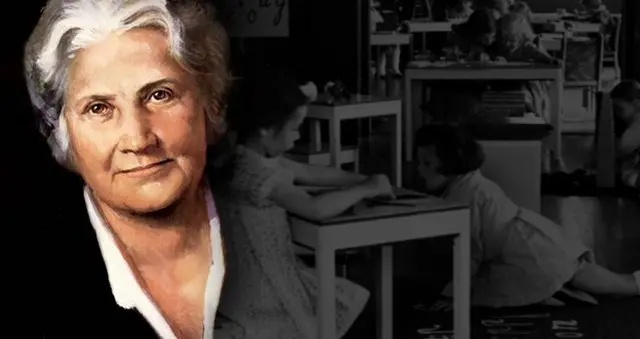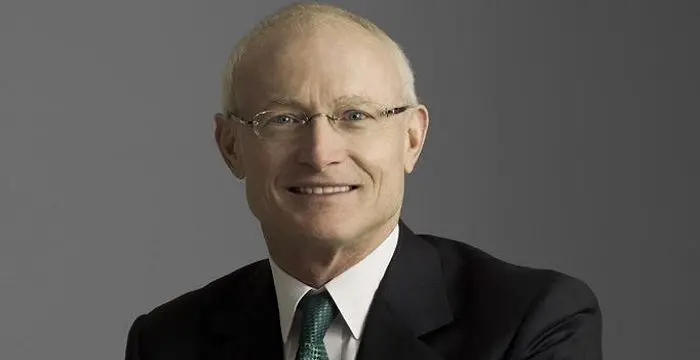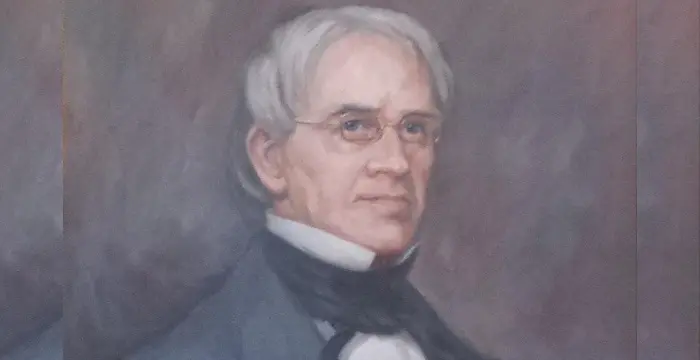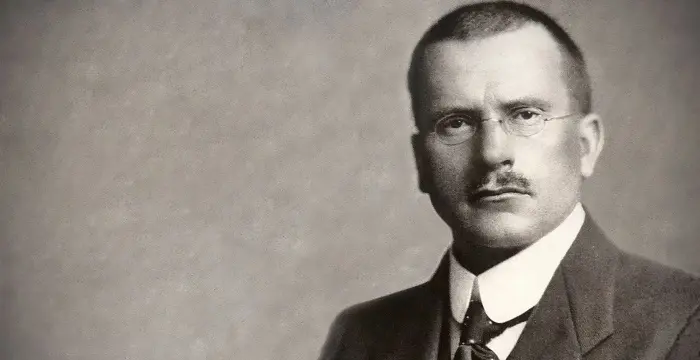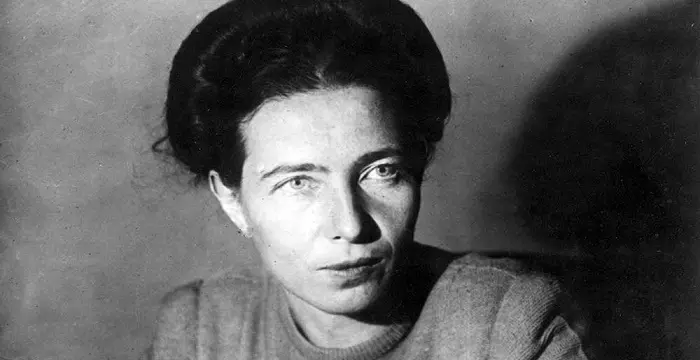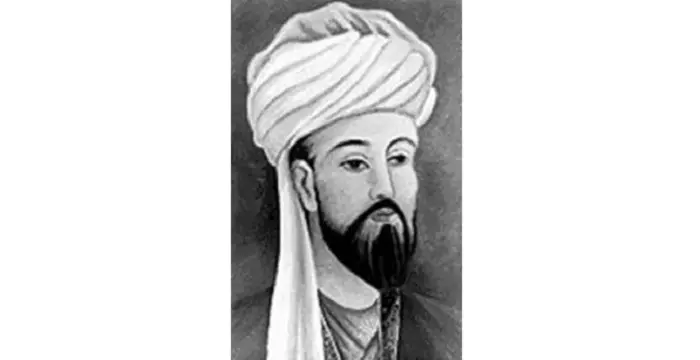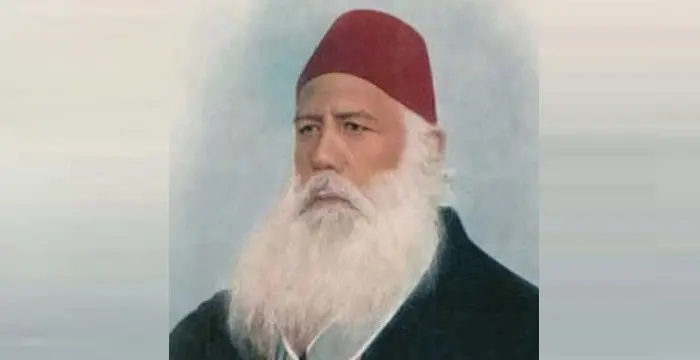
Sir Syed Ahmad Khan - Founder of Aligarh Muslim University, Timeline and Childhood
Sir Syed Ahmad Khan's Personal Details
Sir Syed Ahmad Khan was a 19th century Muslim philosopher and social activist
| Information | Detail |
|---|---|
| Birthday | October 17, 1817 |
| Died on | March 27, 1898 |
| Nationality | Indian |
| Famous | Intellectuals & Academics, Philosophers, Non-Fiction Writers, Educators, Founder of Aligarh Muslim University |
| Spouses | Parsa Begum |
| Known as | Syed Ahmad Taqvi |
| Childrens | Amina, Syed Hamid, Syed Mahmood |
| Founder / Co-Founder |
|
| Birth Place | Delhi |
| Gender | Male |
| Father | Mir Muttaqi |
| Mother | Azis-un-Nisa |
| Sun Sign | Libra |
| Born in | Delhi |
| Famous as | Founder of Aligarh Muslim University |
| Died at Age | 80 |
Sir Syed Ahmad Khan's photo
Who is Sir Syed Ahmad Khan?
Sir Syed Ahmad Khan was a Muslim philosopher, social activist and educator who founded of the Anglo-Mohammedan Oriental College at Aligarh, Uttar Pradesh, India. He was deeply devoted to the cause of education and believed that widespread education was the only way to enlighten the masses. A distinguished scholar, he was a progressive thinker who played a major role in promoting social, scientific, and economic development of Indian Muslims. Even though he religiously followed Islam, he was troubled by the rigidity of the orthodox outlook of the Muslims. His life-long interest in religion manifested itself in the form of several volumes of a modernist commentary on the Quran. In addition he also began a sympathetic interpretation of the Bible. But above everything else, it was his dedication towards the cause of education that defined him as a person. He believed in promoting Western–style scientific education and was instrumental in setting up several schools for implementing this purpose. He was a British loyalist and formed the Muslim League to promote pro-British attitudes and activities, thus raising suspicion in the minds of Indian politicians. Nonetheless, he commanded great respect from both Hindus and Muslims for his progressive views and dedication towards the cause of education.
// Famous Educators
Maria Montessori
Maria Montessori was a physician and educator who developed the approach of Montessori education. This biography of Maria Montessori provides detailed information about her childhood, life, achievements, works & timeline.
Michael Porter
Michael Porter is an economist, researcher, author, advisor, speaker and teacher. This biography profiles his childhood, career, academic contribution, works, life, achievements and timeline.
Horace Mann
Horace Mann was an American education reformer and politician. This biography of Horace Mann profiles his childhood, life, works, achievements and timeline.
Childhood & Early Life
He was born as Syed Ahmad Taqvi on 17 October 1817 in Delhi. His father, Mir Muttaqi was highly regarded by the Mughal dynasty, and many members of his family had held positions in the Mughal court.
He was raised in a large house in a wealthy area, in accordance with Mughal traditions. His mother Azis-un-Nisa was a strong-willed religious woman who ensured that Syed and his brother received a disciplined upbringing.
He was trained in Persian, Arabic, Urdu and orthodox religious subjects, and was also taught mathematics and astronomy. He was an active boy and participated in a number of sports like swimming and wrestling.
He began his study of medicine but did not complete the course. His father died when Syed was still young and thus he had to abandon his formal education due to financial difficulties.
He was offered positions in the Mughal court which he declined and entered the English civil service. Later on he attended the East India Company College from where he graduated with a degree in law and judicial services.
Career
He was appointed as a clerk at the courts of law in Agra in 1838, and promoted to the title of ‘Munshi’ in 1840. His position in the judicial department gave him ample time to devote to his other interests, which included writing.
He began his literary career by writing religious tracts. His book ‘Āthār aṣṣanādīd’ (“Monuments of the Great”), on the antiquities of Delhi was published in 1847.
When the Indian Mutiny of 1857 broke out, he remained loyal to the British and even saved the lives of several Europeans. He was serving as the chief assessment officer at the court in Bijnor at the time when the rebellion broke out and was personally affected by its aftermath.
He published the booklet ‘Asbab-e-Baghawat-e-Hind’ (The Causes of the Indian Revolt) in 1859 in which he fearlessly outlined what he believed to be the causes of this revolt. He rejected the common belief that the conspiracy was planned by Muslims and blamed the British East India Company’s thoughtless actions for the revolution.
Religion was one of his great interests, and he had great respects for all religions, not just Islam. He started a work on a commentary on the Bible in which he stated that Islam and Christianity both share a common lineage from Abrahamic religions.
During the 1850s he developed a strong passion for education and realized the advantages of Western-style education. He believed that scientific education was the need of the hour and set about establishing modern schools for the children, at Muradabad (1858) and Ghazipur (1863).
He was transferred to Aligarh in 1864 where he founded the Scientific Society of Aligarh which was the first scientific association of its kind in India. The Society held conferences, disbursed funds for educational causes, and published scientific journals in English and Urdu.
He published many writings promoting liberal and rational interpretations of Islamic scriptures as he felt that orthodoxy was threatening the development of the Muslims. However, his liberal views were met with criticism by the Muslim clergy and thus Sir Syed decided to stop discussing religion and focused on promoting education.
After having established schools for children, he founded the Muhammadan Anglo Oriental College in 1875, seeking to promote social, scientific, and economic development of Indian Muslims. Today, the institution is known as the Aligarh Muslim University (AMU) and ranks among the top universities in India.
Awards & Achievements
He was awarded the Order of the Star of India from the British government on 6 August 1869.
Personal Life & Legacy
He married Parsa Begum in 1836, and the couple went on to have three children: Syed Hamid, Syed Mahmood and Amina.
He was a tireless worker who devoted his entire life to the promotion of education for the masses. A highly knowledgeable man and a prolific writer, he wrote on a number of subjects including history, politics, archaeology, journalism, literature, religion and science.
He lived the last two decades of his life in Aligarh and died on 27 March 1898, at the age of 80. His funeral was attended by thousands of people, including British officials, Muslim leaders, and his students.
// Famous Intellectuals & Academics
Bertil Gotthard Ohlin
Bertil Gotthard Ohlin was a famous Swedish economist. This biography profiles his childhood, family life & achievements.
Emily Greene Balch
Emily Greene Balch was an American economist, sociologist and pacifist who won the 1946 Nobel Peace Prize. This biography of Emily Greene Balch provides detailed information about her childhood, life, achievements, works & timeline.
Martin Buber
One of the greatest philosophers to have ever walked on earth, Martin Buber contributions to philosophy is a long-standing one. Explore all about his profile, childhood, life and timeline here.
Sir Syed Ahmad Khan's awards
| Year | Name | Award |
|---|---|---|
Other | ||
| 0 | Order of the Star of India (1869) | |
Sir Syed Ahmad Khan biography timelines
- // 17th Oct 1817He was born as Syed Ahmad Taqvi on 17 October 1817 in Delhi. His father, Mir Muttaqi was highly regarded by the Mughal dynasty, and many members of his family had held positions in the Mughal court.
- // 1836He married Parsa Begum in 1836, and the couple went on to have three children: Syed Hamid, Syed Mahmood and Amina.
- // 1838He was appointed as a clerk at the courts of law in Agra in 1838, and promoted to the title of ‘Munshi’ in 1840. His position in the judicial department gave him ample time to devote to his other interests, which included writing.
- // 1857When the Indian Mutiny of 1857 broke out, he remained loyal to the British and even saved the lives of several Europeans. He was serving as the chief assessment officer at the court in Bijnor at the time when the rebellion broke out and was personally affected by its aftermath.
- // 1859He published the booklet ‘Asbab-e-Baghawat-e-Hind’ (The Causes of the Indian Revolt) in 1859 in which he fearlessly outlined what he believed to be the causes of this revolt. He rejected the common belief that the conspiracy was planned by Muslims and blamed the British East India Company’s thoughtless actions for the revolution.
- // 1864He was transferred to Aligarh in 1864 where he founded the Scientific Society of Aligarh which was the first scientific association of its kind in India. The Society held conferences, disbursed funds for educational causes, and published scientific journals in English and Urdu.
- // 1869He was awarded the Order of the Star of India from the British government on 6 August 1869.
- // 1875After having established schools for children, he founded the Muhammadan Anglo Oriental College in 1875, seeking to promote social, scientific, and economic development of Indian Muslims. Today, the institution is known as the Aligarh Muslim University (AMU) and ranks among the top universities in India.
- // 27th Mar 1898He lived the last two decades of his life in Aligarh and died on 27 March 1898, at the age of 80. His funeral was attended by thousands of people, including British officials, Muslim leaders, and his students.
// Famous Philosophers
Martin Buber
One of the greatest philosophers to have ever walked on earth, Martin Buber contributions to philosophy is a long-standing one. Explore all about his profile, childhood, life and timeline here.
Lao Tzu (Laozi)
Lao Tzu was a legendary Chinese philosopher who wrote the important “Daodejing”. This biography profiles his childhood, life, career, achievements and timeline.
Alan Watts
Alan Watts was a famous British philosopher known for his Zen teachings and interpretations of Eastern philosophy. Read more about this great philosopher in the following article.
Carl Jung
Carl Jung was a Swiss psychiatrist famous for founding the school of analytical psychology. This biography of Carl Jung provides detailed information about his childhood, life, achievements, works & timeline.
Simone de Beauvoir
Simone de Beauvoir was an eminent French writer, intellectual, activist, and philosopher. This biography profiles her childhood, life, thoughts, achievements and timeline.
Jabir Ibn Hayyan
Jabir Ibn Hayyan was a medieval era polymath. Check out this biography to know about his life, works and achievements.
Sir Syed Ahmad Khan's FAQ
What is Sir Syed Ahmad Khan birthday?
Sir Syed Ahmad Khan was born at 1817-10-17
When was Sir Syed Ahmad Khan died?
Sir Syed Ahmad Khan was died at 1898-03-27
Where was Sir Syed Ahmad Khan died?
Sir Syed Ahmad Khan was died in Aligarh
Which age was Sir Syed Ahmad Khan died?
Sir Syed Ahmad Khan was died at age 80
Where is Sir Syed Ahmad Khan's birth place?
Sir Syed Ahmad Khan was born in Delhi
What is Sir Syed Ahmad Khan nationalities?
Sir Syed Ahmad Khan's nationalities is Indian
Who is Sir Syed Ahmad Khan spouses?
Sir Syed Ahmad Khan's spouses is Parsa Begum
Who is Sir Syed Ahmad Khan childrens?
Sir Syed Ahmad Khan's childrens is Amina, Syed Hamid, Syed Mahmood
Which company or organization was founded by Sir Syed Ahmad Khan?
Sir Syed Ahmad Khan was the founder/co-founder of Aligarh Muslim University
Who is Sir Syed Ahmad Khan's father?
Sir Syed Ahmad Khan's father is Mir Muttaqi
Who is Sir Syed Ahmad Khan's mother?
Sir Syed Ahmad Khan's mother is Azis-un-Nisa
What is Sir Syed Ahmad Khan's sun sign?
Sir Syed Ahmad Khan is Libra
How famous is Sir Syed Ahmad Khan?
Sir Syed Ahmad Khan is famouse as Founder of Aligarh Muslim University
